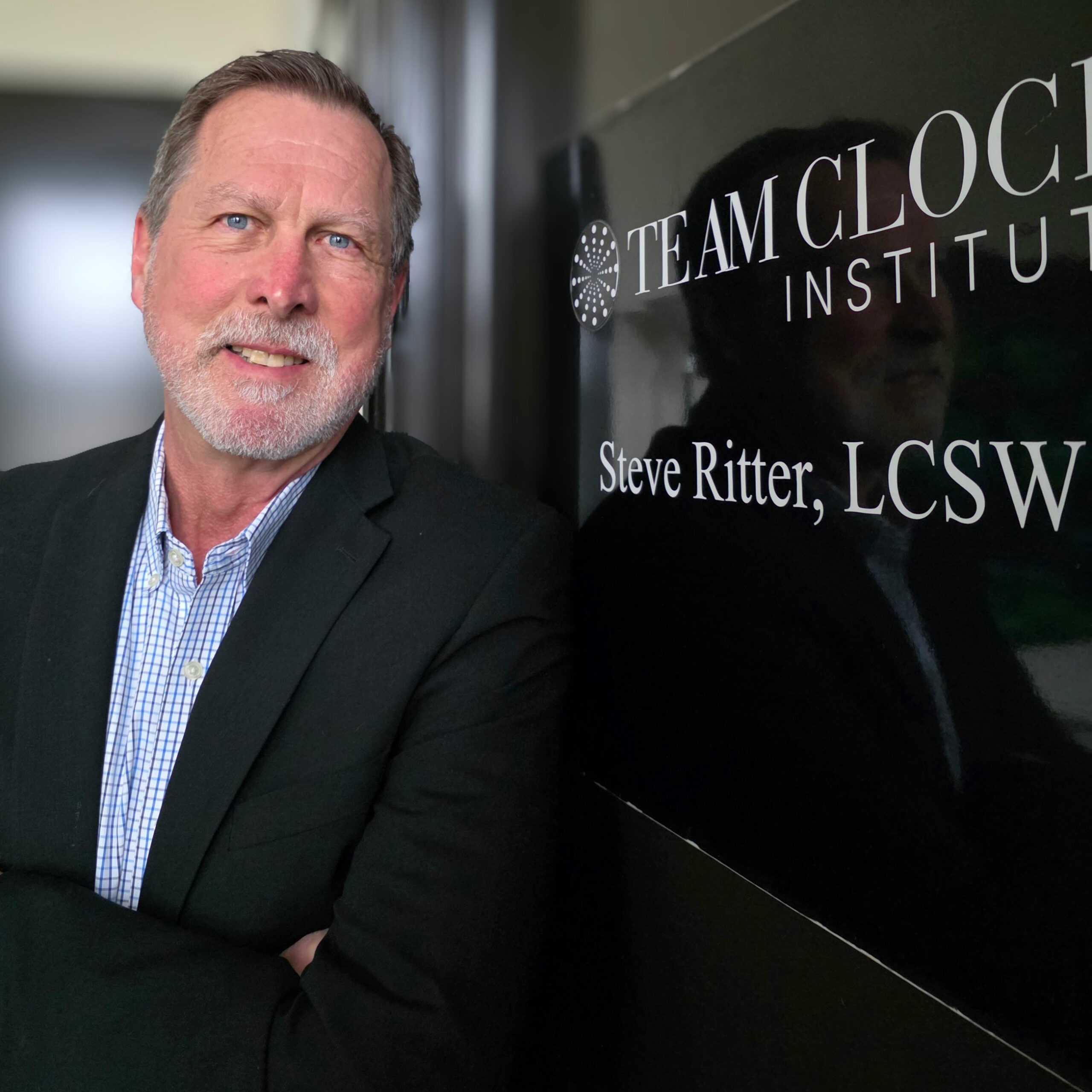An emerging awareness of the need for help usually begins long before the request. Perhaps there’s pride on the line for proving self-sufficiency. Maybe the benefit of a few failures hasn’t yet been realized. For some, the extra resources aren’t within reach. Either way, the request for help frequently escalates to a crisis state before it’s communicated.
One of the roles of a teammate is to anticipate needs. When people are in sync, partners know when to stay back or step in. It’s a form of mind-reading. If you’ve ever been asked if everything is alright, a friend, loved-one, or coworker has noticed that something is off. You might be initially surprised that you telegraphed your struggle after trying so hard to not let it show. But emotions are contagious.
You don’t have to witness a clenched jaw to know that someone you care about is stressed. The forehead’s worry lines don’t have to deepen to see that your partner is concerned about something. And, as we’ve all witnessed, the change in room temperature is palpable when anger is about to erupt.
Become a mind reader. Tune in to the shared emotion of the relationship. Follow your hunch about what might be going on. Maybe you’re on target and maybe you’re not. If you misread the room, at least you’ve been given an opportunity to better understand your teammate’s challenge. If you hit a bullseye, your teammate feels heard and becomes immediately grateful.
Asking for help is seldom a verbal expression. Many times, it’s communicated by an odd look in someone’s eye, an unexplained emotion, or an unexpected hesitation. When the nonverbal message comes through, the benefits of prevention or, at least, early detection present themselves.
It’s a solution to feeling stuck for those who can admit they’re stymied. It’s an invitation to a coach, teacher, or mentor to weigh in with a different perspective. It’s the acknowledgement that we’re only alone when we block access to the ecosystem of support that connects us to tools, resources, and new ways of seeing things.

About the Author
Steve Ritter, LCSW is the Founder and Executive Director of Elmhurst Counseling. He has served as a teacher, author, consultant, human resources director, health care administrator, and licensed clinical social worker since 1977. A fellow of the American College of Healthcare Executives, Steve has provided coaching, therapy and team development services to thriving schools, businesses and organizations.

